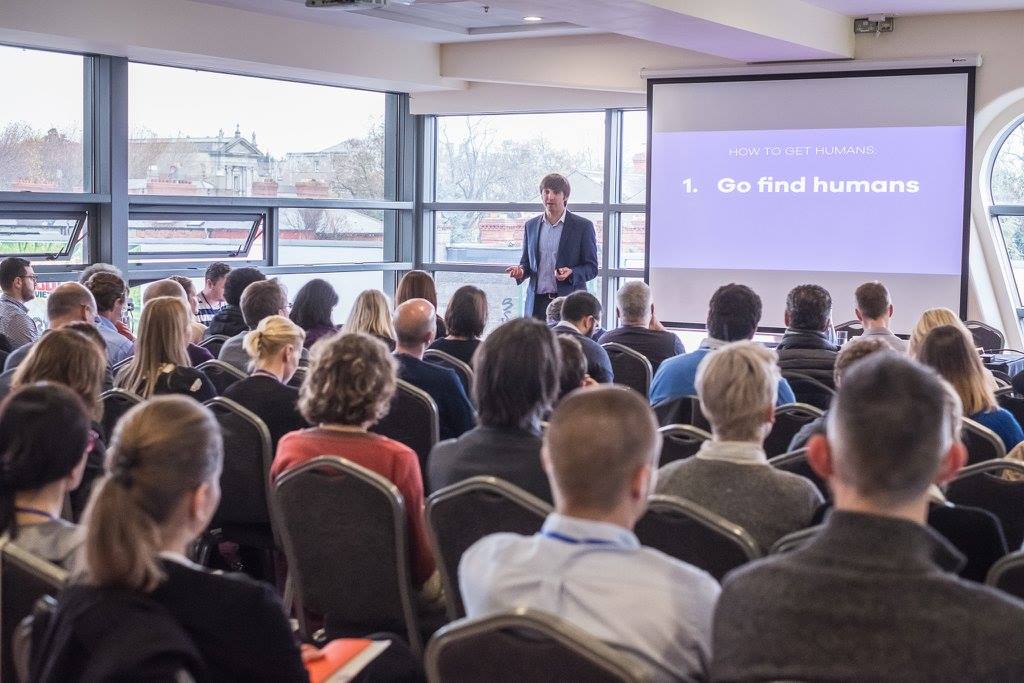This year’s Coworking Europe Conference took place in the colorful and vibrant city of Dublin from November 8 – 10th. We, a delegation of 15 Swiss members, joined the conference from the very beginning. Aside from the great workshops and speeches, the conference allowed time to converse with plenty of attendees. Many of them were regulars, but there were surprisingly many newbies and even some interested in the idea to start a new space in the near future, which supported the curious and bustling spirit of this year’s conference. I liked it.

Another tendency we observed, is that ever more corporate businesses are planning to open coworking spaces themselves. They have the money and often the real estate. Surveys show that the big challenge they face is operating the space: the required community management, how to deal with potential members, and so on. The security of the corporate environment is an major issue when opening up to the public. Therefore, they are still cracking their heads about the implementation of an open space inside their corporate environment. At the conference they were asking for advice and assistance from already established independent operators.
Speaking of community management…: as every year, the newbies were specially interested in discussing the meaning of community in general. Gladly, that discussion was detained almost immediately and the newbies were instructed to gather with professionals in order to receive further information about the matter. A very wise decision! We spent so much time discussing this the year before and the one before… and finally came to a fine definition.

According to some voices of the community, more and more coworking spaces are opening in cities and urban areas, becoming too big and too crowded. Members don’t feel comfortable anymore and start looking for spaces in suburban or rural areas. That’s why many small spaces are winning over more members lately. The timing for Village Office could not be better. Regular coworkers are heading for smaller spaces with a familiar atmosphere and running a space in an area, in which people live with their families, is therefore a plausible alternative.
Also office spaces like Regus (they bought the brand “Spaces”) or hotels are getting curious about the coworking movement.
Yet another highlight of the conference was Carsten Foertsch’s ( Deskmag) presentation of the Global Survey. This year he drew attention to the European region, which was very enlightening (download it here). Fact number 15.2 surprised me a lot: on average, the lease of the location sums up to 40% of running costs. The reason for which a lot of operators struggle to keep their space running. Nevertheless, when you look around in cities centres, you find empty locations all over the place, particularly in Switzerland. In our beautiful country, real estate owners rather leave their space empty then open them up for projects like coworking spaces. I assume that will change in the future. The rest of the survey showed the tendency of fast growth for the coworking movement, but it will shift to stability soon. It’s not a hype anymore.
The bottom line: It’s a good time to open a space. There are investors that like the movement and are eager to support operators. Landlords are looking into possibilities with a different approach for their real estate. Large companies need to work closely together with the community, but they still struggle and don’t know how to handle them. It will be an exciting experience for both parties. Although we are moving into a stable phase of the coworking movement, the future will have some changes in store for operators and the community. I’m looking forward to visit next year’s conference and see what changed. Exciting times.

Resources to more insight in the global coworking movement:
http://wiki.coworking.org/w/page/16583831/FrontPage
